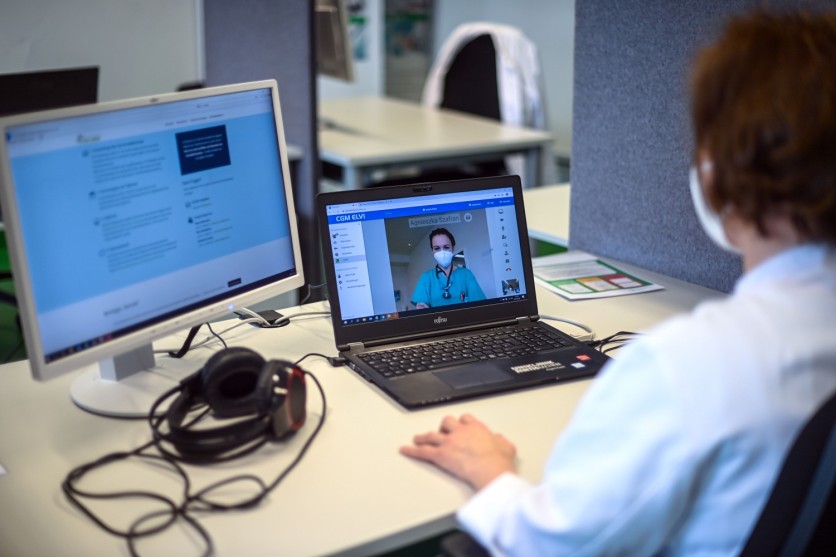
FaceTime is often used by people wanting to connect to their loved ones. But have you ever heard of it saving lives? These paramedics certainly have.
In London, a lot of ambulance workers have been known to use FaceTime to conduct video calls with doctors, all while administering first aid to stroke patients, reports ITV.
As such, a lot of these stroke patients have gotten life-saving treatment far quicker than normal. Both the patients and paramedics have also largely avoided time-consuming transfers to hospitals.
Crew members of the London Ambulance Service were forced to cope when the pandemic hit. They turned to iPads in order to connect with doctors in the event of a 999 call, while they're assessing stroke patients.
Various experts, as reported by Sky News, have been hailing this method as "effective" because it "brings the specialist into the patient's front room."
With how effective FaceTime has been at providing immediate, appropriate care to stroke patients, the UK NHS is now planning to implement this system all across the country.
It's so effective, in fact, that the number of patients being sent to the hyper-acute stroke unit at the University College London Hospitals (UCLH) has been basically cut in half.
In short, more people's lives are being saved just because of a FaceTime conversation with a specialist right at the scene of an emergency call.
This isn't the first time, however, that FaceTime has been known to save the life of a stroke patient by providing access to quicker treatment.
Three years ago, a New York woman using FaceTime to chat with her sister basically saved the latter's life when she noticed that something was off about her sister's face. Granted, this didn't really involve input from a health expert, but it still got the job done.
Paramedics Using FaceTime Brings Tech At The Forefront Of Modern Healthcare
Modernizing healthcare is all about using every bit of technology available, including the likes of FaceTime, to ensure that those in need get the appropriate treatment fast. This rings true especially for stroke patients, whose lives depend on every single second of delay.
A stroke occurs when blood flow to the brain suddenly gets cut off. As a result, every little bit of delay could mean that a patient might suffer from a debilitating disability or even death. Quick treatment is critical, and that's where the LAS paramedics got the most from going on FaceTime with doctors.
But of course, that's not the only tech available. Back in August, the US FDA just approved a treatment method called the Vagus Nerve Stroke Rehab. It's considered the first treatment method of its kind for patients suffering from a chronic ischemic stroke that doesn't require any drugs.
With it, patients can actually have most of their lost motor functions restored. It won't work as well without rehabilitative activities, but it can potentially help patients recover better.
This article is owned by Tech Times
Written by RJ Pierce




